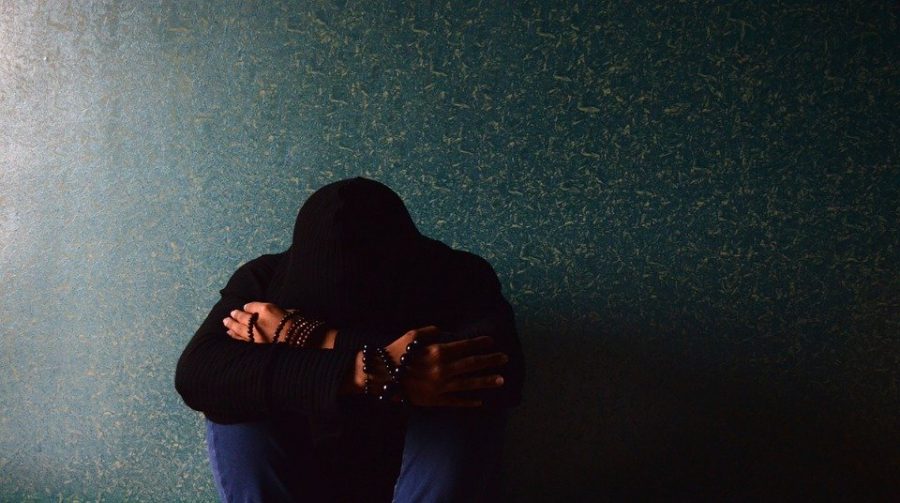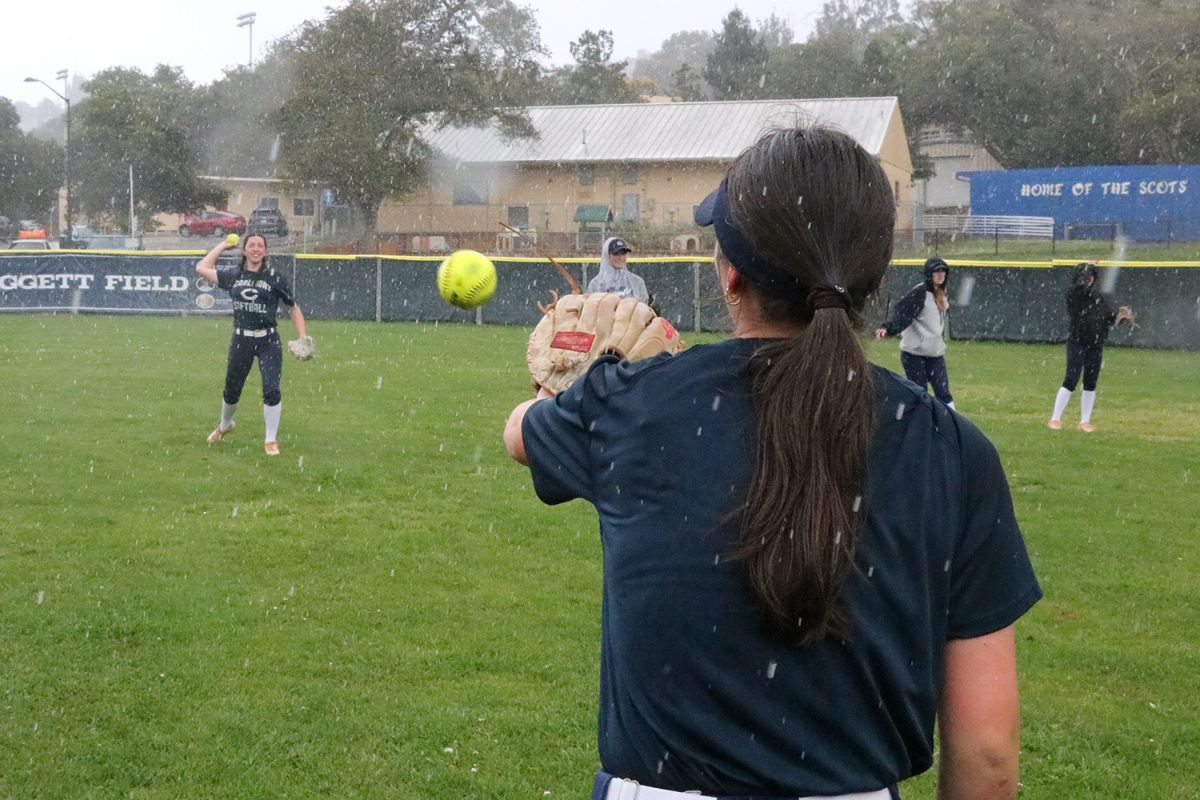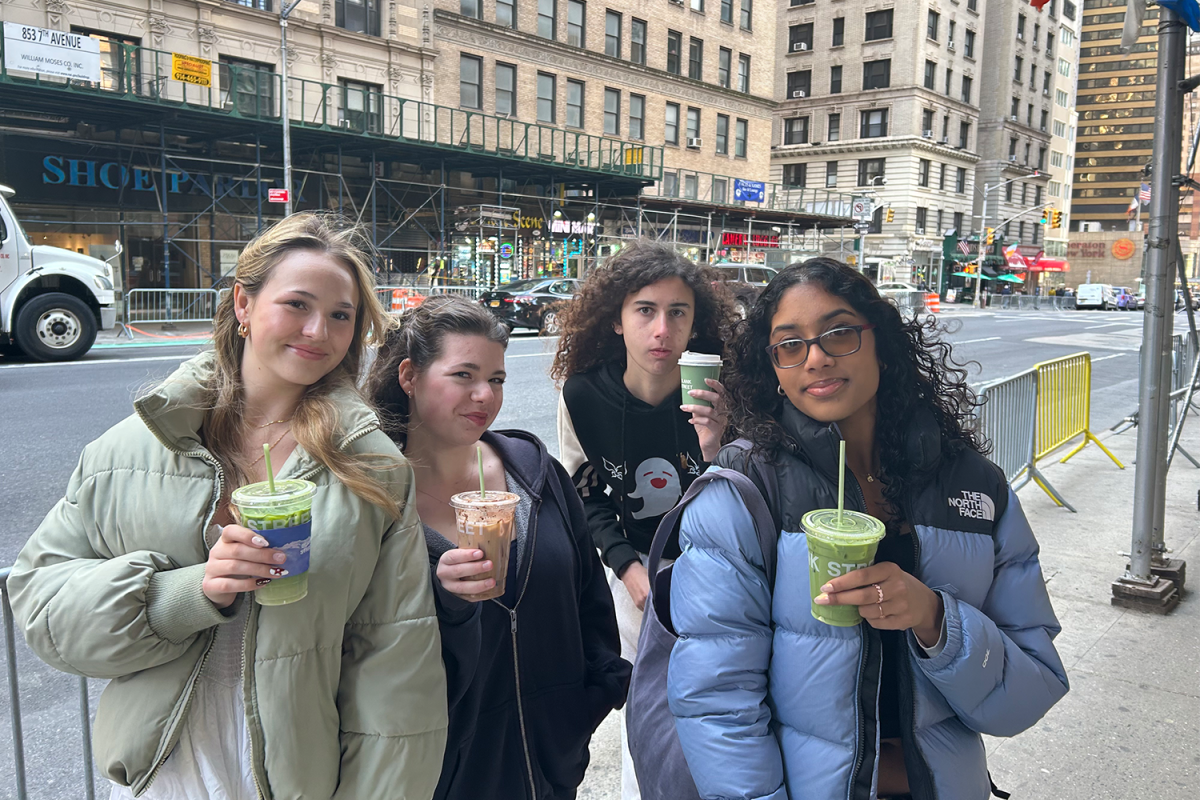Between news that school will be temporarily closed until Monday, April 6 due to concerns over COVID-19 and the knowledge that the death rate of the disease is 14.8% for adults over the age of 80, we can’t help but feel the anxiety lingering in the air.
We’re concerned for our friends and family members who are susceptible to the virus, and many of us have chosen social distancing as a way to protect ourselves from catching the disease.
Across the U.S., Americans are panic buying in preparation for self-quarantining. There are over 3,000 cases estimated nationwide, and one person’s life has already been claimed in San Mateo County. Although everyone hopes that we’ll be able to return to school by April, chances are that if we follow the lead of other states such as Ohio, we’ll find ourselves working from home for quite a bit longer than expected.
I would be lying if I said that I hadn’t felt the pressure myself. After all, I’m not exactly sure how school from home will work and whether I’ll be able to keep up with the bucketload of assignments that have been given to me by my teachers. However, I remind myself that it’s natural to have an emotional response to this crisis.
Although it is unlikely that those of us who are young will experience the adverse physical symptoms of COVID-19, this does not negate that we should be looking out for ourselves in times like these. Our mental health may be the last thing on our minds, but that doesn’t make it any less important.
A scientific study published by the Lancet evaluated the effects that self-quarantining has on emotional well-being. Over 20% of people who were quarantined after being in close contact with individuals who may have had Severe Acute Respiratory Syndrome (SARS) reported feelings of fear. With COVID-19, we are still unsure about the extent to which the virus will spread, and how many people in our communities are at risk. Don’t feel guilty to be afraid, angry, or anxious.
Since those of us who have opted for social distancing can’t go out and discuss our feelings with therapists and mental health professionals, we may feel especially lonely during this time. A study from 2004 on the impact that quarantining from SARS had on mental health revealed that symptoms of depression were found in 28.9% to 31.2% of participants. We should be having open and honest conversations with our loved ones if we feel lonely, depressed, or anxious. Not only should we recognize the symptoms of COVID-19, but also mental health disorders.
The Center for Disease Control and Prevention (CDC) recently released a series of recommendations for those suffering from anxiety during crises like these, regarding what they can do to promote their mental health. They suggested avoiding watching or reading news about the virus, taking care of your physical health through regular exercise, and relaxing and meditation.
As put by Psychology Today, it is of the utmost importance that we “realize that we are all in this together, that no one should ever have to feel alone.”
Keep an eye out for your mental health, and remember that your feelings are valid.











